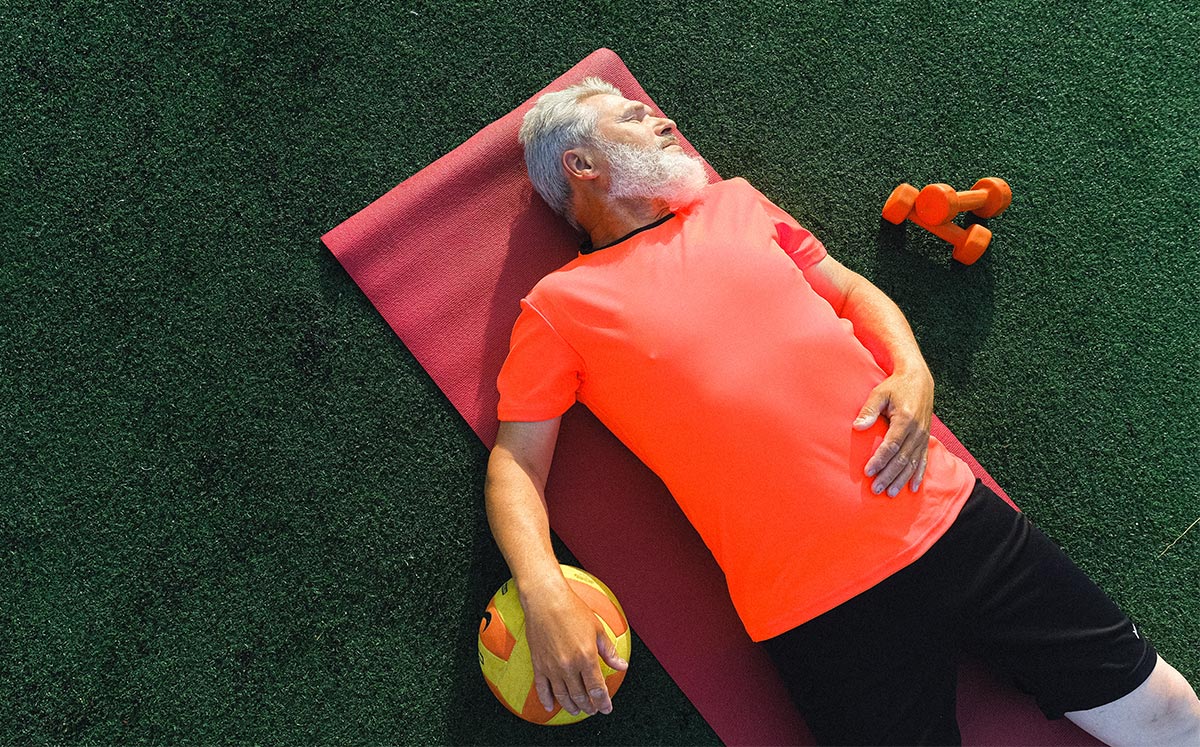The thyroid gland, that unassuming organ most of us rarely think about, plays a critical role in managing the body’s metabolism. Despite its small size, nestled at the base of your neck, it wields enormous influence over energy regulation, mood, and overall health. A properly functioning thyroid ensures the body runs like a well-oiled machine. However, when this gland malfunctions, the effects can range from mild to life-altering. Let me take you on a journey through my personal experience with thyroid disease, highlighting its impact and the lessons learned along the way.
The Hyperthyroidism Rollercoaster
In January 2001, my weight hovered at a healthy 135 pounds. I ate voraciously yet kept shedding pounds. What started as a curiosity quickly spiraled into concern as the scale dipped lower and lower. By April, I was an alarming 95 pounds. Clothes hung off me, I couldn’t sleep, and my heart raced at a terrifying 148 beats per minute while resting. Winters became unbearable as I craved cold air, and my body felt like it was consuming itself. Little did I know, I was experiencing severe hyperthyroidism, where an overactive thyroid pumps out excessive hormones, pushing the body into overdrive.
A visit to my doctor and subsequent tests confirmed what I couldn’t comprehend at the time: my thyroid was the culprit. I was referred to an endocrinologist, and my life became a whirlwind of medication, dietary adjustments, and medical consultations. Despite taking 24 pills daily—four times the recommended doses—my symptoms persisted. The hyperthyroidism refused to relent, leaving me desperate for relief.
From Overdrive to Zero: The Thyroidectomy
By July 2001, my health team decided on a thyroidectomy—the surgical removal of the thyroid gland. The risks of prolonged hyperthyroidism, particularly the potential for permanent vision loss, outweighed other treatment options. Surgery offered a chance to reset my body’s runaway metabolism. My thyroid was largely removed, and just like that, my once hyperactive metabolism came to a screeching halt.
Post-surgery, my life became a balancing act. Without a functioning thyroid, I depended entirely on hormone replacement therapy. Initially prescribed Synthroid, a synthetic T4 hormone, I struggled to stabilize. The medication failed to meet my needs, leaving me fatigued and unmotivated. After months of trial and error, my doctor introduced a natural medication containing both T3 and T4 hormones. This adjustment made all the difference, as my body was unable to convert T4 into the active T3 hormone efficiently.
The Weight Struggles Begin
One of the most challenging aspects of life without a thyroid has been weight management. Without a natural metabolism, every calorie counts. In the years following surgery, I experienced extreme fluctuations, peaking at over 150 pounds. Shopping for clothes became a humiliating ordeal as I moved from junior sizes to plus-sized sections. It wasn’t just about vanity; my energy levels were so low that even basic exercise seemed impossible. For years, I fought against my own body, trying to reclaim a sense of normalcy.
Slowly but surely, adjustments to my medication and lifestyle began to pay off. With the right hormone balance, I found the energy to reintroduce exercise into my routine. It wasn’t easy, but consistent effort brought gradual results. Today, while I still grapple with the challenges of having no natural thyroid function, I’ve learned to adapt and thrive.
Lessons from My Thyroid Journey
Reflecting on my experience, several key lessons stand out. First, the thyroid’s role in overall health cannot be overstated. This small gland influences not just metabolism but also heart rate, digestion, mood, and energy levels. Ignoring its importance can have serious consequences. Second, finding the right treatment plan is essential. What works for one person may not work for another. In my case, a combination of T3 and T4 hormones was necessary, but it took persistence and open communication with my doctor to find the right balance.
Third, lifestyle factors like diet and exercise play a pivotal role in managing thyroid-related challenges. Incorporating nutrient-dense foods, staying hydrated, and maintaining a consistent exercise routine have been game-changers for me. While I’ll always rely on medication, these habits provide the foundation for a healthier life.
The Bigger Picture: Raising Awareness
Thyroid disease often flies under the radar, despite affecting millions worldwide. Conditions like hyperthyroidism, hypothyroidism, and thyroid cancer can significantly impact quality of life if left untreated. Awareness is crucial—not just for those affected but for everyone. Regular check-ups, understanding the symptoms, and advocating for your health are vital steps in catching thyroid issues early.
For anyone struggling with thyroid disease, remember that you’re not alone. Treatment options are available, and with patience and determination, it’s possible to regain control over your health. Whether you’re navigating a new diagnosis or adjusting to life post-thyroidectomy, know that progress is possible, even if it feels slow.
The thyroid may be small, but its impact on the body is immense. My journey from hyperthyroidism to thyroidectomy and beyond has been filled with challenges, but it’s also taught me resilience, self-advocacy, and the power of proper treatment. If my story resonates with you, let it serve as a reminder to prioritize your health, listen to your body, and seek the support you need. Life without a thyroid is undoubtedly an adjustment, but it’s one that can be managed with the right tools, mindset, and medical care.













